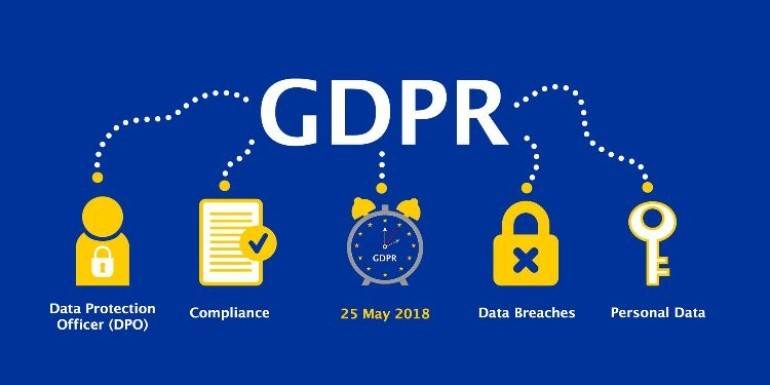The notion of “online security” just wasn’t that important in the early days of the Internet.
Many were willing to overlook their security initially to access such a marvelous invention. But today – many individuals have seen for themselves just how many risks the online world poses to our privacy. Almost every household has Internet access, and the average Internet user is more aware and concerned about online privacy than they have ever been.
In the USA alone, over 80% of people say that they are concerned about online security.
Why is this the case?
Every year security software and online identity protection has grown ever more advanced. But has this translated to safer browsing experiences?
Not always. The growing complexity of online security has done little to counterbalance the many security concerns that have cropped up over the course of 2019 alone. Below, we have listed just a few of the things that have the average Internet user should worry about when browsing online.
1. It’s Been a Year of Data Breaches
It’s hardly surprising that some data breaches happened this year. Virtually every company conducts business online today.
There’s a great deal of sensitive data stored on the Internet, and it’s no surprise that data breaches do happen.
What’s really surprising about 2019’s data breaches is their scale, and who they happened to. 2019 was the year of some of the most widespread data breaches in history, affecting several major companies, and severely testing the faith ordinary people have in large companies to keep their data safe.
Here are a few notable examples:
Facebook came under scrutiny when a third-party app, Cultura Collective, leaked the private details of over 540 million Facebook accounts.
Mobile app ‘At The Pool’ leaked unprotected passwords of 22,000 users.
First American Financial Corporation, the largest real estate title insurance company in the USA, received the dubious honour of being linked to one of the largest data breaches in history. According to a report from Krebs on security, the records of almost 900 million customers – including bank account details and Social Security Numbers – were found to be freely accessible on First American’s online server.
And it’s incidents like these that stress how important online security and privacy is. Despite all the promises made by companies, it’s clear that even the biggest ones aren’t immune to data breaches.
2. Users Are Increasingly Familiar With SSL – and Know When It Isn’t Being Used
Secure Sockets Layer certificates date back to the earliest days of the Internet. SSL certifications are designed to protect sensitive information and were initially used only on websites where credit card information was processed.
Today – SSL certificates have become the standard. Google even warns users when they are about to visit a website that doesn’t have one. The average user will quickly check the address bar to ensure that the URL includes “HTTPS” to verify that it has an SSL certification.
It’s this awareness that has translated into more widespread concerns about online privacy. Stats indicate that around 85% of websites are now SSL certified – a direct reflection of modern society’s growing mindfulness of internet security.
We always recommend that companies install an SSL certificate on their website. There are no downsides to having one, but many consequences for not having one.
3. The Internet Is More a Part of Our Lives Than Ever
Online users understand how important privacy and security are today. Whether they are banking, shopping, gathering information, or using social media, they expect the websites they browse to be secure.
Add to that the embarrassing data breaches experienced by some of the largest companies in the world – and it’s not hard to imagine why.
Privacy is still an important issue, and with technology evolving, it will continue to remain in the spotlight.
So, one question remains.
What is your business doing to protect the privacy of its users? Globalgraphics can help your business implement a secure website that prioritizes the security of your users. Contact us today at 0121 667 8667 to learn more.


